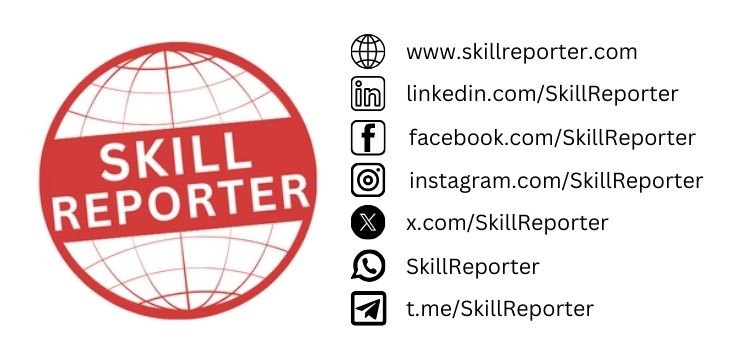In a speech today, Carolyn Fairbairn, director general at the CBI will say: “Firms are passionate about apprenticeships, and it’s this passion which drives deep frustration over the levy plans as they currently stand. We are calling for a radical rethink.” With the levy due to come into effect from April 2017, companies are being “kept in the dark” over key details, according to the CBI, which also suggested it was touch-and-go whether the launch would even be kept on track.
“The best we can hope for … is a minimum viable system,” Fairbairn will say. “Even that is ‘fingers crossed’ planning because the system relies on a new ‘digital apprenticeship service’ – designed, built and tested in a year: a colossal and challenging IT project.” Similar concerns were raised by both the British Chambers of Commerce (BCC) and the Institute of Directors (IoD).
“If the government needs to delay the introduction to make sure the system works, this would be much better than a system which causes confusion for employers and damages apprenticeships for learners,” said Seamus Nevin, head of employment and skills policy at the IoD. Under the scheme, large employers will pay a levy of 0.5 per cent on their employment costs, which will go into a central fund to pay for apprenticeship training. Businesses will then be entitled to get back 110 per cent of the amount they contribute to pay for their own apprenticeships. If the scheme has full take-up, however, it could cost the government hundreds of millions of pounds, raising fears that they are expecting a number of businesses that pay the levy not to use their full entitlement.
Employers’ groups suggested it could be London’s financial and professional services firms that lose out, since their training schemes are not labelled “apprenticeships” and thus would not qualify for funding. The government has defended the programme from growing disquiet in the business community. In response to the CBI’s warning, skills minister Nick Boles said the reforms were “putting employers in the driving seat”.
“We are working closely with businesses to determine how the levy will work for them and are giving employers the freedom to purchase the apprenticeship training that best meets their needs,” he added.
The CBI also attacked the government’s obsession with the target to create three million apprenticeships by the end of the parliament. Playing the numbers game will have “unintended consequences and could even drive the wrong outcomes,” Fairbairn warned.
Gordon Marsden, the shadow minister for apprenticeships, said there is concern over the Levy as it currently stands.
“Even last week’s statement from the government on the apprenticeship levy process was very thin. It has still not answered the mounting chorus of concerns from employers and providers about the logistics and very tight time scale involved in starting the Levy in 2017,” said Marsden. “On top of this there are huge questions on how it can be delivered successfully by 2020 given that BIS and SFA capacity to do this is being shredded by huge staffing cuts.”
Note: News shared for public awareness with reference to the information provided at online news portals.



